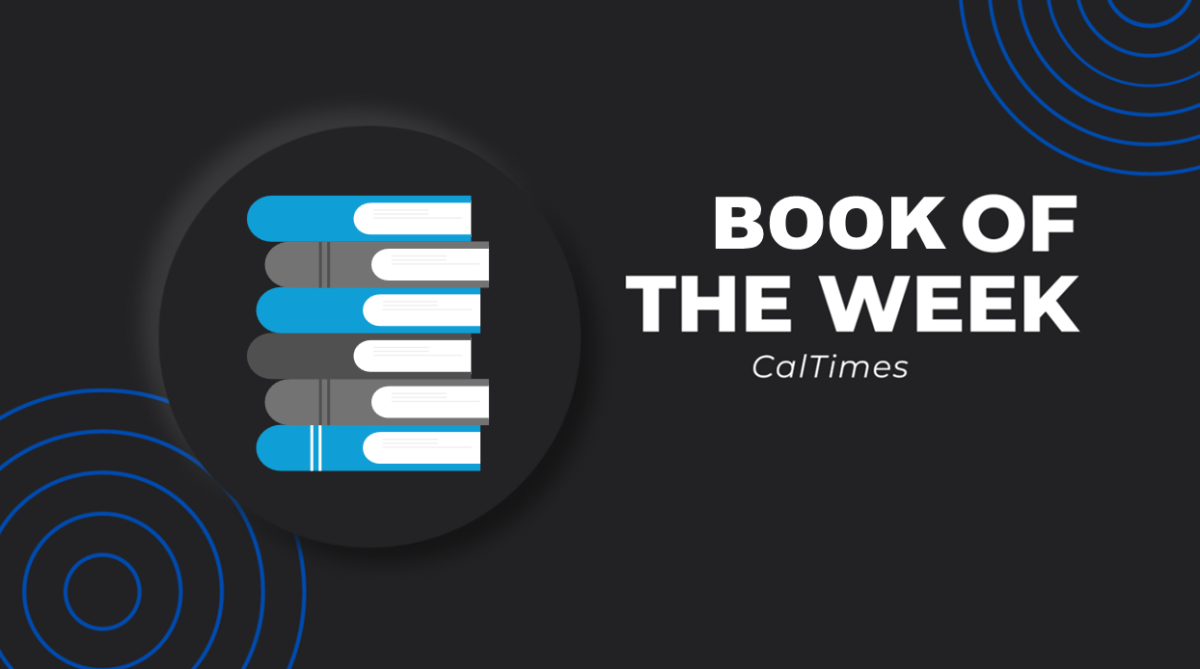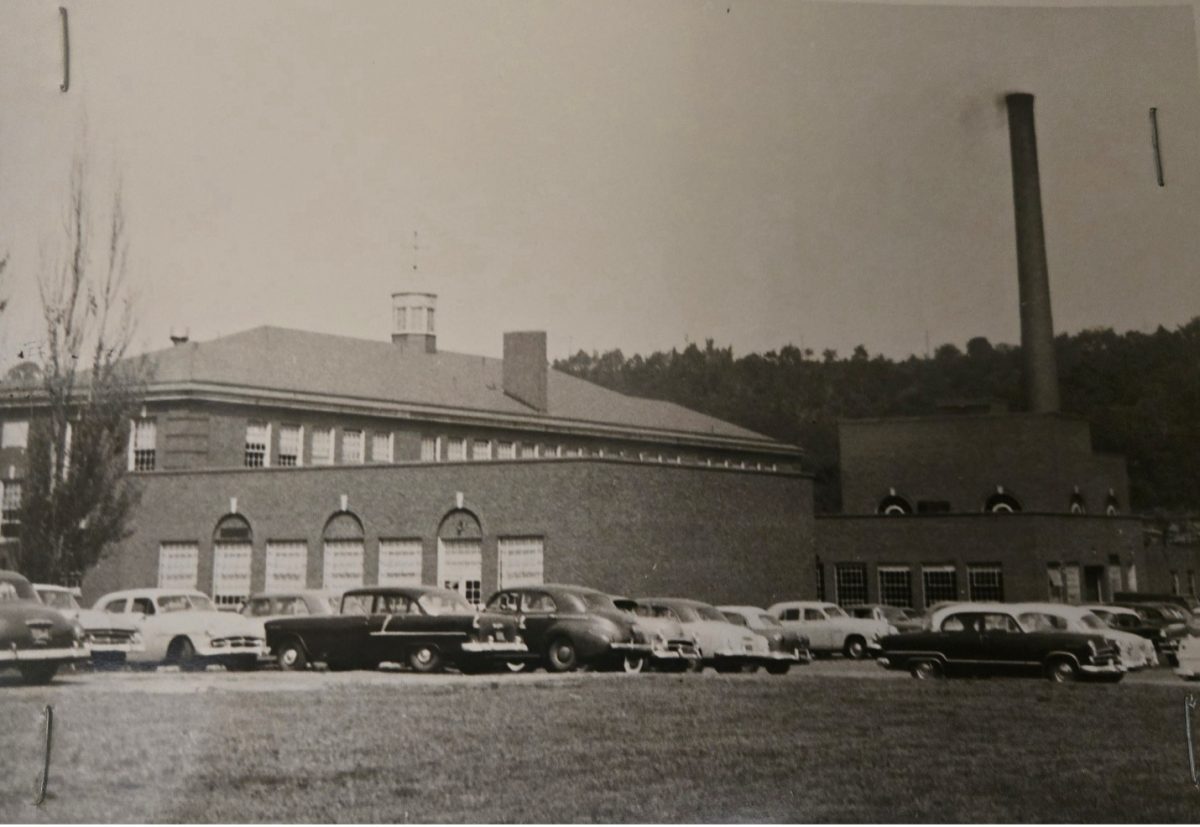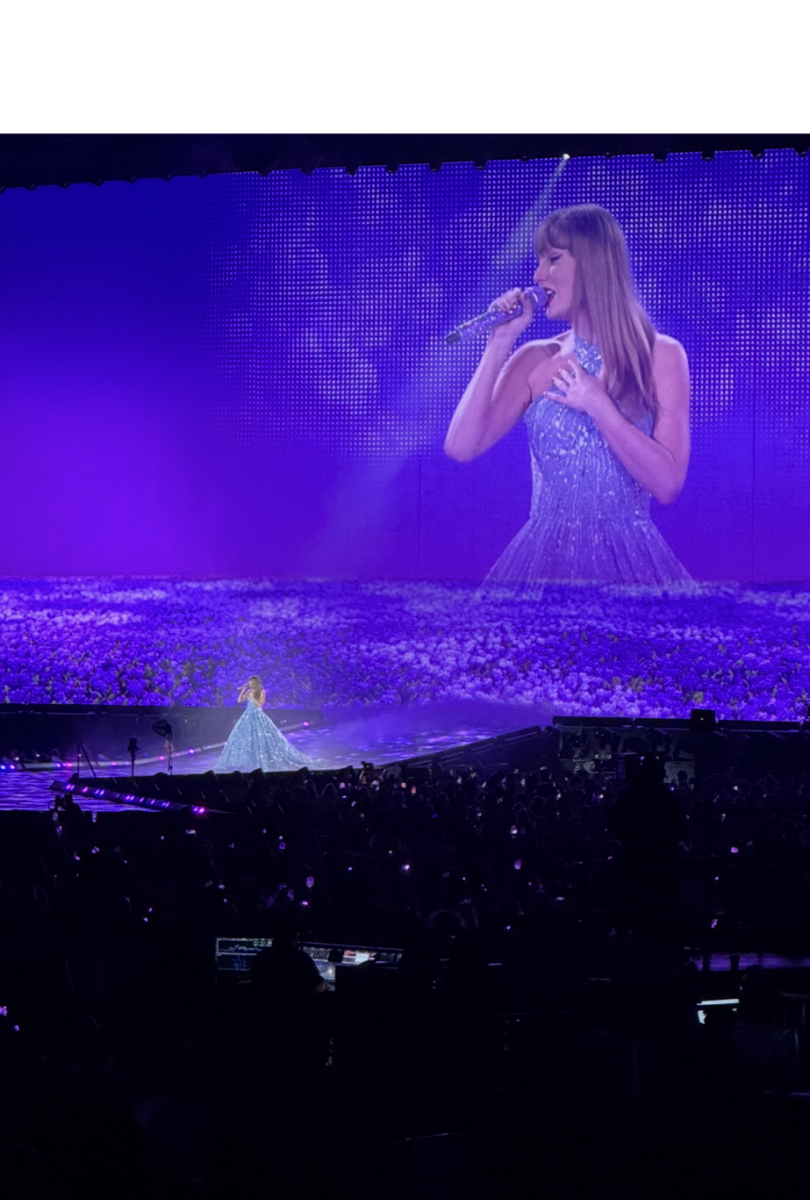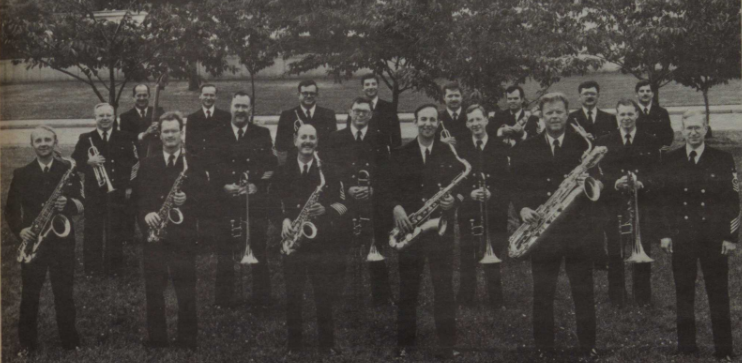Welcome to CalTimes’s Book of the Week series! We will be reviewing our favorite books and authors, old and new, across all genres. If you have any suggestions, please email us!
Bookworms often find themselves immersed daily in the media surrounding all things reading. Inevitably, this sometimes means being pressured to diversify reading and dive into books that they wouldn’t typically choose on their own; in a way, that’s the point of these articles, too. In an effort to expand my horizons, I gave the 1995 dystopian novel a try.
Jacqueline Harpman was born in Belgium in 1929. During World War II, Harpman fled to Casablanca and later became a psychoanalyst. Her experience as a psychoanalyst gives her writing a psychological depth that is a breath of fresh air when compared to some modern fiction. The novel was originally published in French and was the first of the author’s to be translated into English. It is considered to be a work of science fiction and dystopian fiction.
The story follows 40 women who are locked in an underground bunker, guarded by men who make no contact with them other than to pass food and survival supplies into the cage. The women can remember little about their lives before the bunker, and our protagonist, the youngest of the 40, has no recollection of life outside of the cage. After years of routine, the women are presented with an unexpected opportunity to escape, and they return to a barren world which none of them recognize – finding themselves unsure of whether it is a return at all, or an exploration of a brand new world.
“I Who Have Never Known Men” explores themes of female bonding, the power of knowledge, and the exploration of identity, prompting the reader to wonder what really makes us human. Due to the nature of the plot, the novel is a frequent book club choice and has taken small bookish corners of social media by storm, prompting questions, posing theories, and analyzing the story down to – literally – its last line. It’s a riveting read for those looking to get out of the modern fiction comfort zone, and perfect for those looking to expand their horizons and dive into feminist literature.
My rating: 3 / 5
“I Who Have Never Known Men” was one of my first explorations of science fiction. It served as a great introduction to the genre and left me with a million questions in its last pages, an experience I have a love-hate relationship with. I think about the plot frequently, and since finishing the novel, I have recommended it to my fellow readers as a great exploration of a new genre and a modern classic.
The unnamed protagonist is hard to connect with, and, despite the unique and attention-grabbing plot, the story progresses slowly and feels monotonous toward the middle. It also offers no closure, as the plot simply fizzles out in its last pages, and readers everywhere have expressed frustration with the abrupt ending. As thrilling as seeking answers can be as a reader, there is a point at which a story can leave you questioning too much.
Overall, Harpman’s “I Who Have Never Known Men” is a decent recommendation to anyone in a reading slump, or simply to anyone looking to expand their horizons as a reader. If nothing else, Harpman’s work left me with philosophical questions of my own and a newfound interest in scientific fiction.







